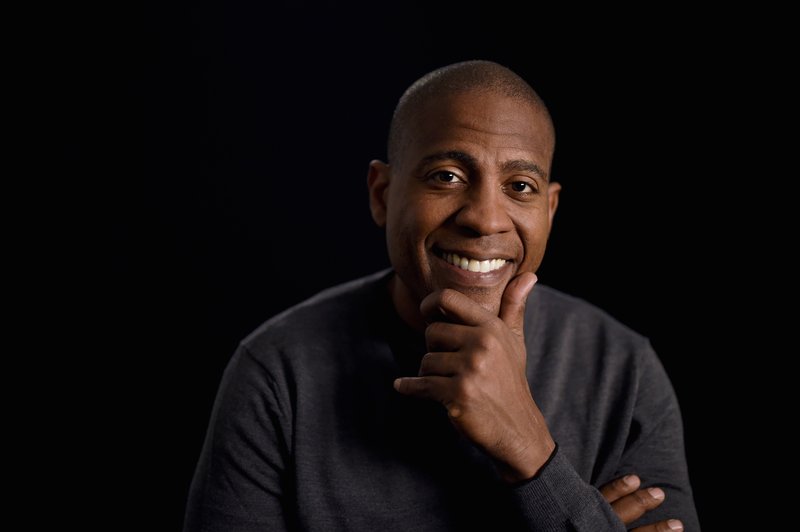Tag: NPR Board
Carlos Watson resigns from NPR board
The Ozy Media CEO stepped down as the governance committee prepared to reconsider his role on the board.NPR board adds DEI committee
The new committee will support NPR's DEI-focused strategic plan.On NPR Board, small-market stations aren’t getting a fair shake
The GM of a small-market station asks why such stations make up two-thirds of NPR members but have only one board representative.Three new members join NPR board of directors
Among the new board members is a former NPR interim president and c.e.o.Crane, Savage elected as new NPR board members
The month-long election for NPR’s Board of Directors closed Monday, with two incumbents and two new faces joining the board. NPR announced Tuesday ...Eight station candidates seek election to NPR Board
The election to fill four member-director positions on NPR’s board is underway, with nine candidates vying for the seats. Voting for the seats ...Study finds most listeners don’t mind NPR’s embedded underwriting credits
A committee of NPR’s board voted May 8 to maintain embedded underwriting at its current level on network programs, despite concerns among ...Cahill chairs CPB Board, panel of GMs appointed to advise PRSS, Coan exits Houston for ...
Patricia Cahill, former g.m. of KCUR in Kansas City, Mo., is the first radio broadcaster to serve as CPB chair.Aronson promoted at Frontline, NPR Board elections, Lapin joins Current, and more…
The promotion, announced during the Television Critics Association Press Tour last month, was widely reported as an indication that Aronson will succeed ...Western stations ask for new election to fill McTaggart’s seat on NPR Board
When a candidate wins re-election but withdraws from service before taking office, does the electorate get another chance to vote? Given the irregular ...NPR Board hires counsel to probe what went wrong
Reacting to NPR’s abrupt image makeover — from ascendant news organization to partisan punching bag — the network’s board last week hired ...National Public Radio, Inc., By-Laws, 1970
NPR’s original bylaws were put into effect when it was incorporated on Feb. 26, 1970. ARTICLE I. Name The Corporation shall be known as NATIONAL ...





